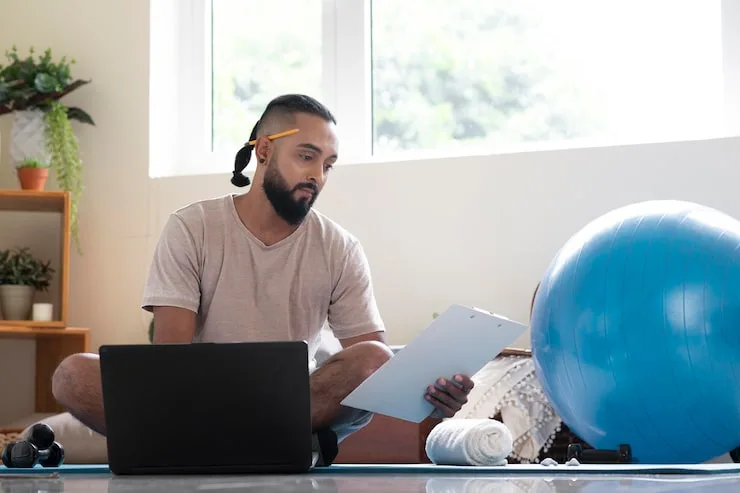Simple Steps to Manage Your Budget Wisely
Money can be a major source of stress. Whether you earn a little or a lot, it’s easy to feel like your money disappears faster than it comes in. Bills pile up, unexpected costs pop out of nowhere, and sometimes it feels like there’s never enough left at the end of the month.
But the truth is, managing your money doesn’t have to be overwhelming. You don’t need a degree in finance or a high-paying job to stay in control. What you do need is a simple plan—and a little consistency.
Budgeting is really just telling your money where to go, instead of wondering where it went. It helps you prepare for the things you need, set aside money for the things you want, and avoid debt when emergencies happen.
With the right steps, you can stop feeling anxious about your finances and start feeling more confident.
Let’s look at some simple ways to manage your budget wisely, so you can make the most of what you have.
Know Where Your Money Is Going
Start by figuring out how much you actually spend. This might sound basic, but it’s one of the most powerful steps you can take. Most people don’t track every dollar, and that’s where small costs start to add up.
For one full month, write down everything. Rent, groceries, gas, coffee, streaming services—everything. You can use a phone app, a spreadsheet, or even just pen and paper. The tool isn’t important. The goal is to get a clear picture of your habits.
Once you see the numbers, it’s easier to spot changes you can make. Maybe you’re spending more on takeout than you thought. Or maybe you’re still subscribed to things you don’t use. Knowing is the first step to improving.
Create a Budget That Fits Your Life
Once you’ve tracked your spending, it’s time to build a plan. A budget helps you stay on top of bills, reduce stress, and save for the future. And it doesn’t have to be strict—it just has to work for you.
Start by listing your income, then your fixed expenses like rent, internet, and insurance. Next, add flexible categories like food, transportation, and entertainment. Make sure to include savings too, even if it’s just a small amount.
Try to give every dollar a purpose. That way, you’re not left guessing where your money went at the end of the month. If things don’t balance right away, adjust your spending in areas that aren’t essential. Small changes can make a big difference.
Use a Personal Loan Calculator Before Borrowing
Sometimes budgeting reveals that you need more than just cost-cutting—you might need a loan. If you’re dealing with high-interest debt, unexpected bills, or big one-time expenses, borrowing can help. But it should always be done carefully.
Before taking out any loan, use a personal loan calculator. This simple tool helps you estimate your monthly payments based on how much you want to borrow, the interest rate, and how long you’ll take to pay it back.
It shows you the full cost of the loan, not just the monthly payment. That’s important when you’re trying to fit a loan into your budget. You want to make sure you can afford it without stretching yourself too thin.
Most banks and trusted websites offer calculators for free. Use one before you commit to anything—it can help you avoid taking on more than you can handle.
Plan for the Unexpected
No matter how well you plan, life throws surprises. That’s why it’s important to have a small emergency fund. Even a few hundred dollars set aside can help cover car repairs, medical bills, or other urgent needs without breaking your budget.
Set a goal to save a little each month. You don’t need to do it all at once. Just make it a habit, like any other bill. Over time, those small amounts add up.
If you get extra money—like a bonus, refund, or gift—consider saving part of it before spending the rest. These small decisions make a big difference in the long run.
Final Thoughts
Managing your budget doesn’t mean cutting out everything fun. It means being honest about what you can afford and making choices that support your goals. Track your spending, build a plan, and use tools like a personal loan calculator when needed.
Budgeting takes practice, and no one gets it perfect on the first try. But even small changes can help you feel more in control of your money—and your future.





